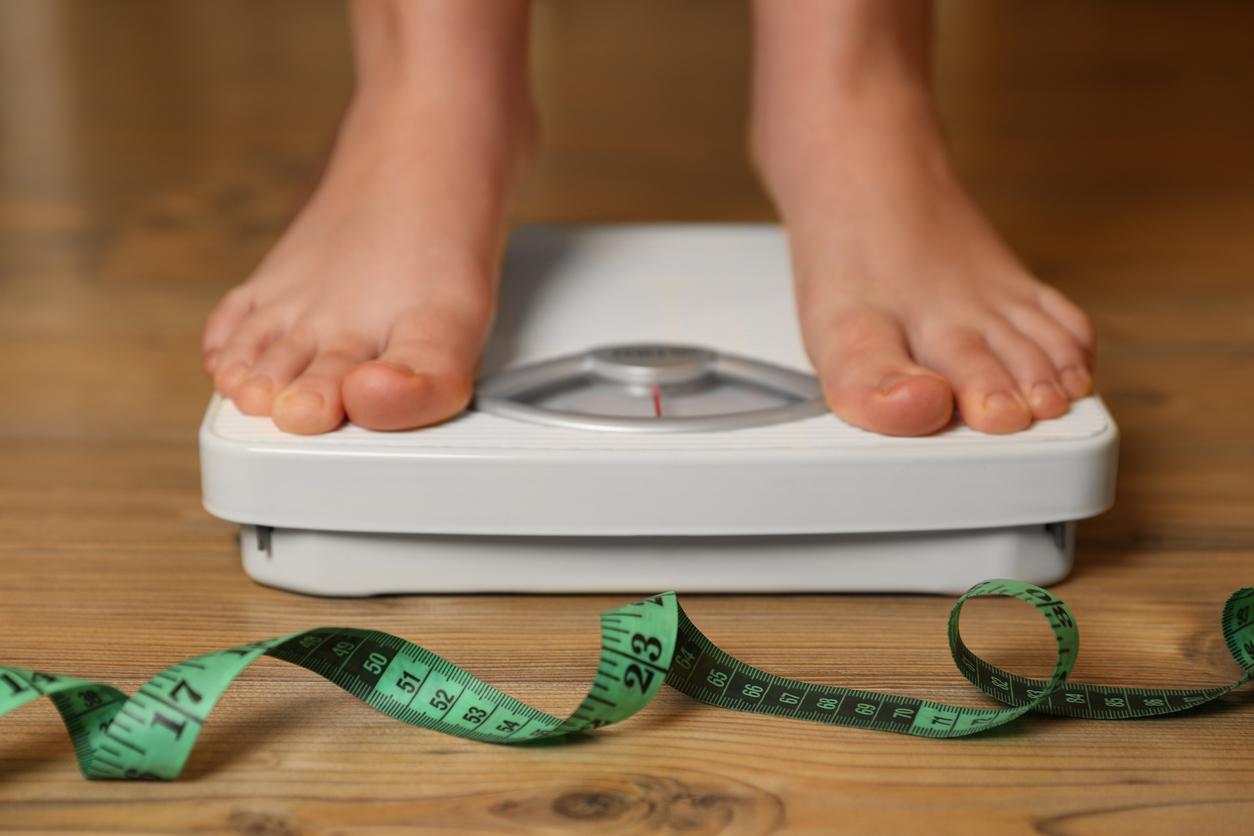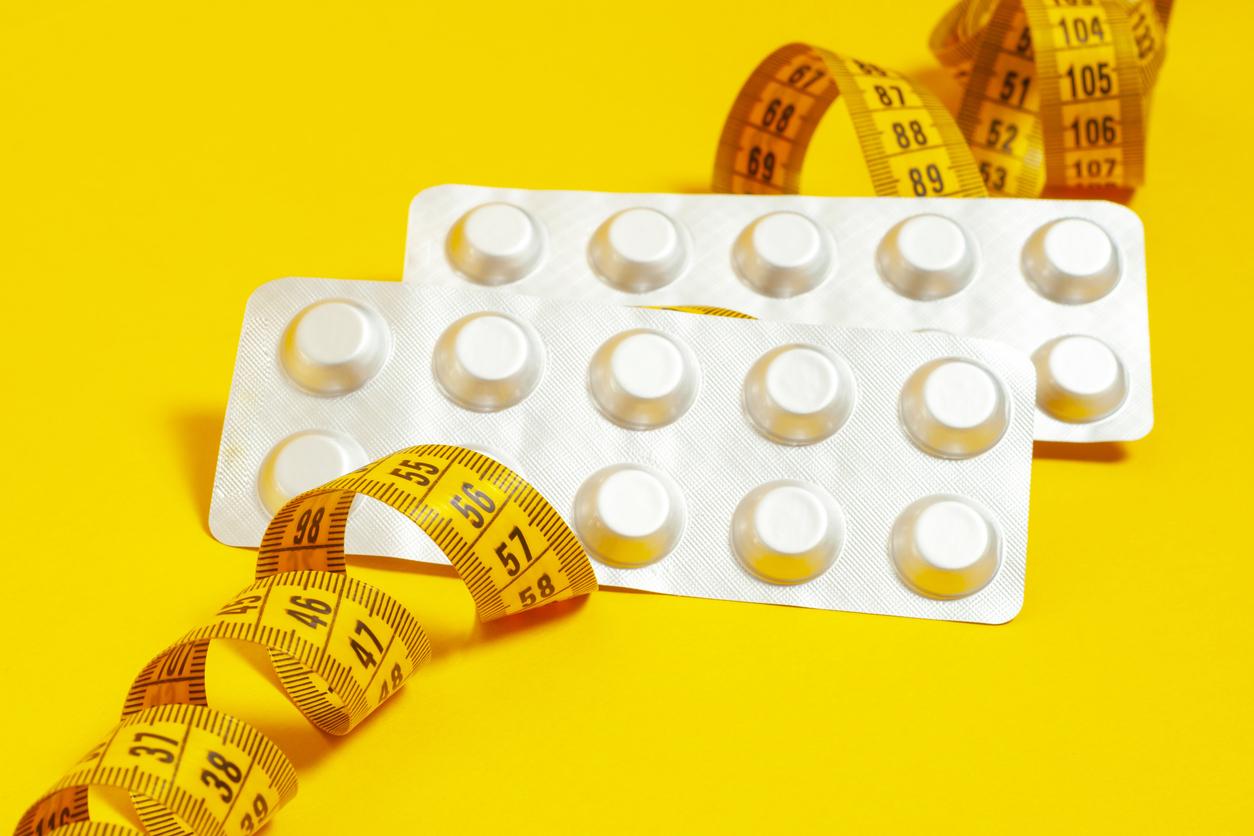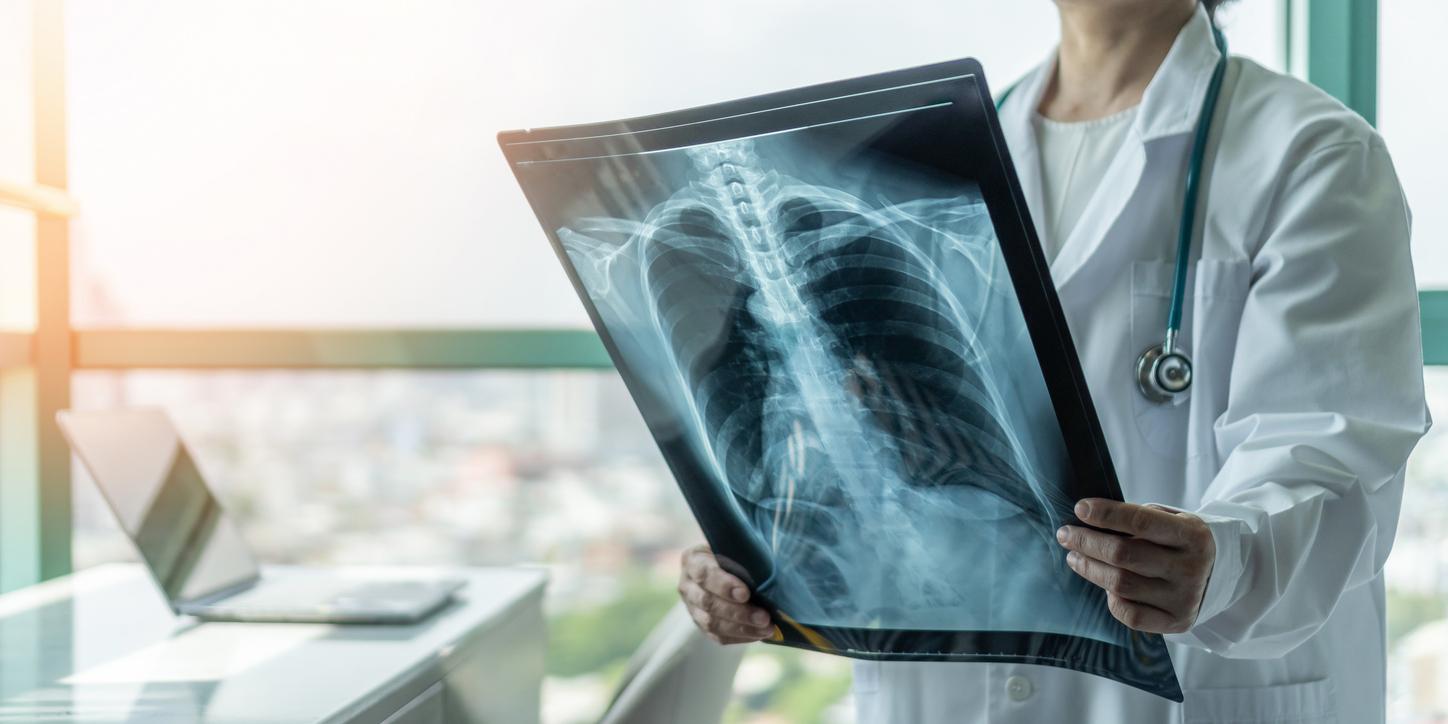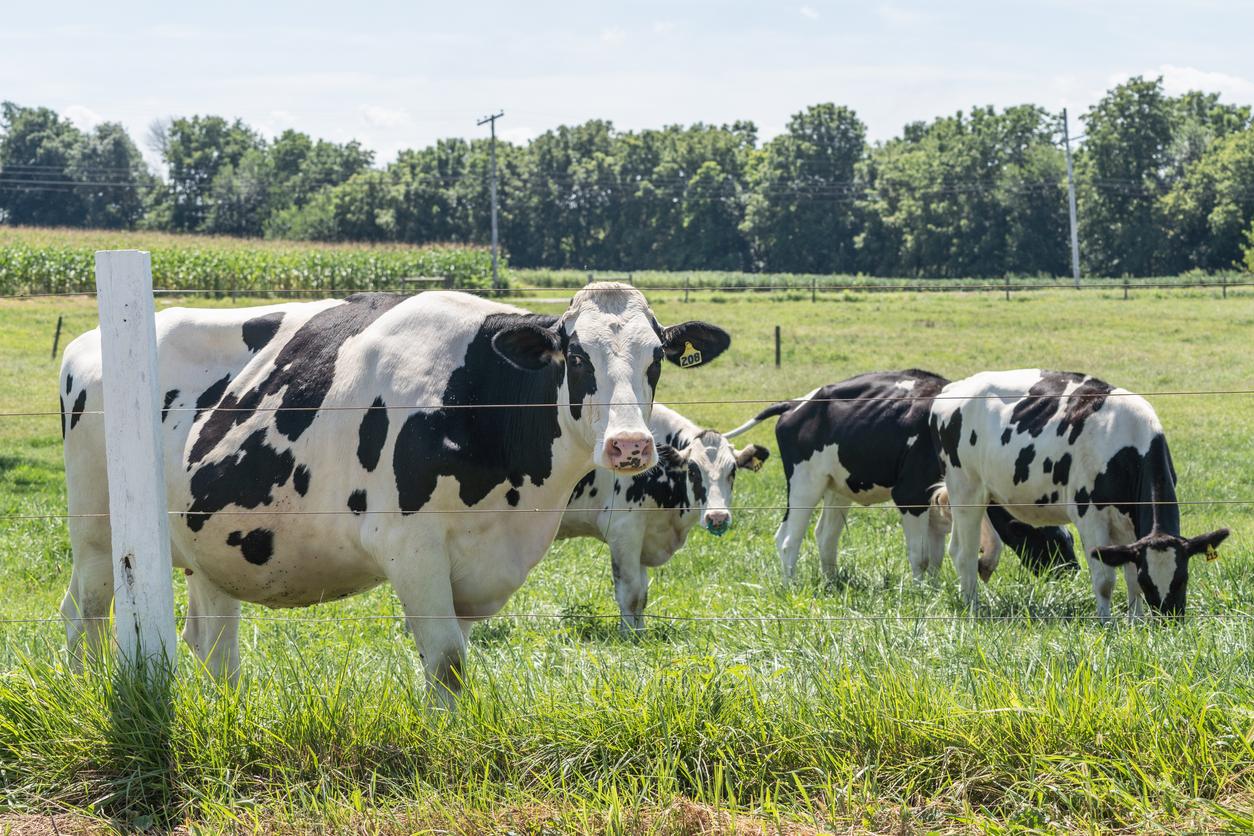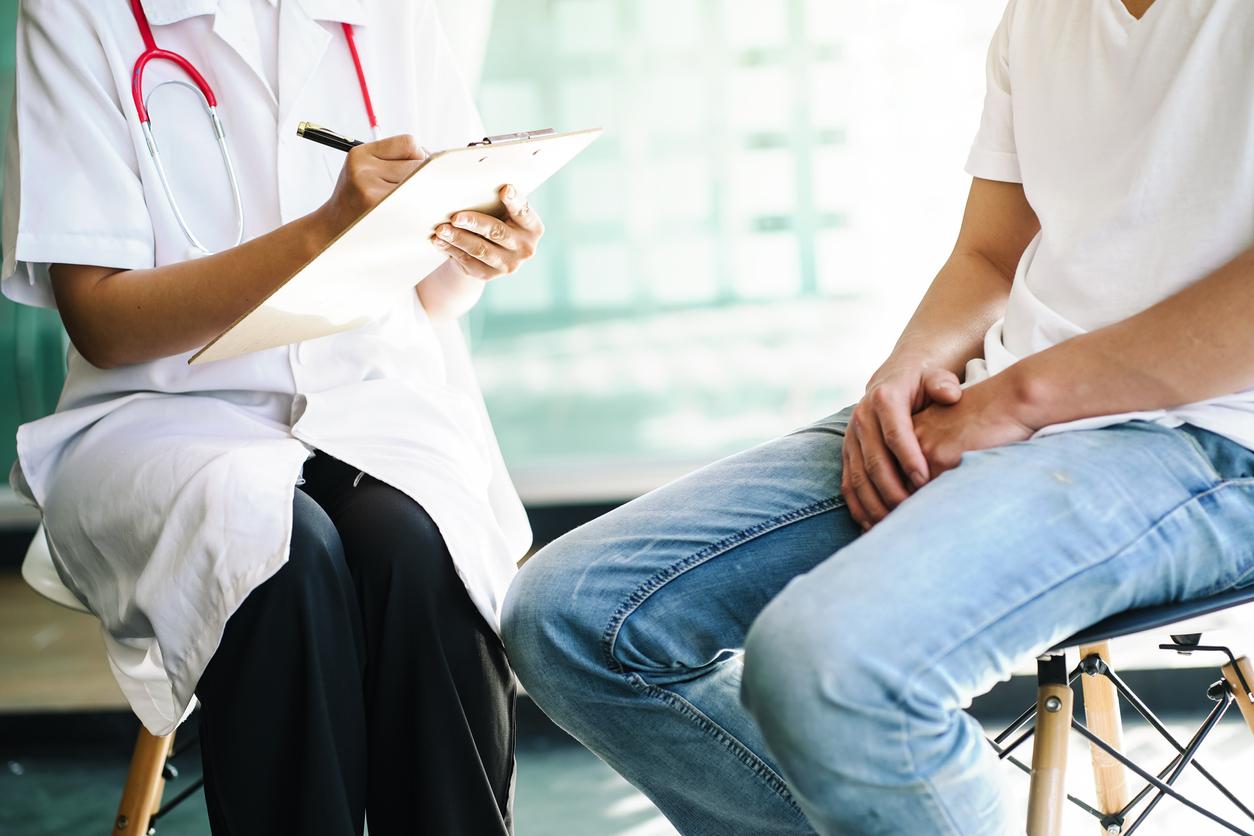The governor of the second most populous state in the United States has announced to “slow down” the deconfinement of the territory. However, even if the number of hospitalizations for Covid-19 has doubled in a few days, he refuses to close the shops.

Saving lives or its economy? Faced with this dilemma, the Republican Governor of Texas, Greg Abbott, intends to support the two in a perilous balancing act. After having confined its state – the second most populous in the country with nearly 29 million inhabitants – in April, Texas was one of the first to deconfine in May, however since mid-June the number of confirmed contaminations has followed a exponential curve. At 1,254 daily cases on June 15, the number of new cases detected continued to increase to reach 5,996 new cases listed on June 25, a record. In short, the number of confirmed contaminations has been multiplied by almost 5 in just 10 days. The epidemic is concentrated mainly in the “Texan triangle” grouping the urban area of Houston, Dallas, Austin, San Antonio.

Click on the image to enlarge
In line with this outbreak of cases, the daily rhythm of these deaths has also shown great consistency since mid-April, despite the confinement. On June 25, the total number of deaths from Covid-19 in this southern United States state was 2,296. And this acceleration in the number of patients is putting pressure on Texas hospitals. On June 15, 2,326 people were hospitalized for this disease compared to 4,739 on June 25, a number that has doubled in less than two weeks. According to the Texas State Health Service, the state currently has 12,597 beds available, including 1,322 intensive care beds, but the risk of saturation is becoming more and more palpable. Interviewed by the Texas TribuneMarc Boom, the head of Houston Methodist Hospital System, said last week that “if the number of new cases is growing too quickly [NDRL : ce qu’il s’est produit depuis]this could potentially challenge our ability to treat Covid-19 patients as well as others at the same time.”
Political paralysis
However, the governor cannot resolve to confine himself again. “Texans have already shown that we don’t have to choose between jobs and health, we can have both.he assured this week. We can protect the lives of Texans while restoring their way of life.“Thus forgetting his commitment at the beginning of May, at the start of deconfinement, when he had declared that he would consider as a “warning signal“if 10% or more of the tests of the population become positive. At the rate of a constant number of tests since mid-May – around 30,000 per day – then an increase since June 20 – between 35 and 40 000 -, this threshold was crossed on June 23. It was 11.75% on June 25, it is now close to the same values as when the confinement began in April.
Faced with this deterioration of the situation, the Texas governor chose to “brake” deconfinement by strengthening the health protocol in pediatric care centers as well as canceling all unnecessary surgeries in the four major cities of the state. In a press release, Greg Abbott urged citizens to wear the masks and respecting social distancing guidelines without affecting the capacity of shops – restaurants are limited to 75% and bars to 50%.“As a state, the last thing we want is to go back and shut down businesses.“, he added.
Ongoing economic disaster
Why this choice ? Certainly because of the ongoing economic disaster in Texas. Since mid-March 2.6 million people have said they have lost their jobs. In May 2020, the state recorded an unemployment rate of 13% compared to 3.4% last year, the second highest rate in its history – after the Great Depression of 1929. This unemployment rate is in the national average and well above the peak of 8% unemployment linked to the last economic crisis in 2008. The “Texan Tribune” reports that many families have visited food assistance programs and food banks which sometimes found themselves out of stock. However, the reopening of the economy has reduced the number of new people finding themselves out of work.
To this data is added another more political. According to Harvard public health professor Barry Bloom, interviewed by AFP on Thursday during a briefing with reporters, it may be that Texas “have to close some of the things they had reopened“, “an unpleasant choice for a government”.
.









